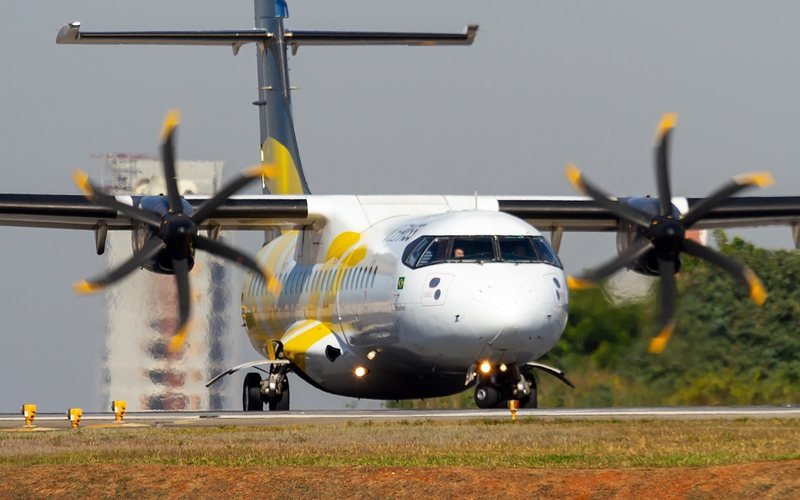[aviation news]
VOEPASS Air Operator Certificate was revoked by serious failures in the security system
The National Civil Aviation Agency (ANAC) cost, on Tuesday (24), the Air Operator Certificate (COA) of VOEPASS Linhas Aéreas, definitely banning the company from conducting commercial flights in Brazil.
The decision occurs ten months after an accident that caused more than sixty deaths and is motivated by repeated failures in the SASC Analysis and Supervision System (SASC), essential for operational safety. In addition to the cassation, ANAC has fined R $ 570,400, highlighting the commitment to the security of civil aviation.
The measure derives from a sanctioning case filed after an air crash on August 9, 2024, in Vinhedo/SP, and the subsequent precautionary suspension of the company’s operations on March 11 this year.
During the assisted operating period, ANAC identified that VOEPASS did not perform mandatory maintenance inspections and failed to detect and correct errors, which compromised the reliability of the company’s internal supervision system.
According to the regulatory agency, ignored maintenance procedures include critical services that, if poorly executed, can generate serious technical failures. Sector rules require, in these cases, a check by a second professional, regardless of initial execution, as a way to ensure redundancy and safety. Voepass, however, recurred in non -compliance even after alerts and previous corrections pointed out by the inspection.
ANAC concluded that the company’s operational safety system was degraded, with loss of the ability to detect and correct failures before they compromised the safety of flights. This deterioration led to the revocation of the CoA, a document that attests to the aptitude of a company to operate commercial flights according to technical and regulatory standards.
With the decision, Voepass is prevented from resuming any regular air operation in the country. The agency states that the outcome reinforces its commitment to the safety of Brazilian civil aviation and the protection of passengers.
Share this content:


